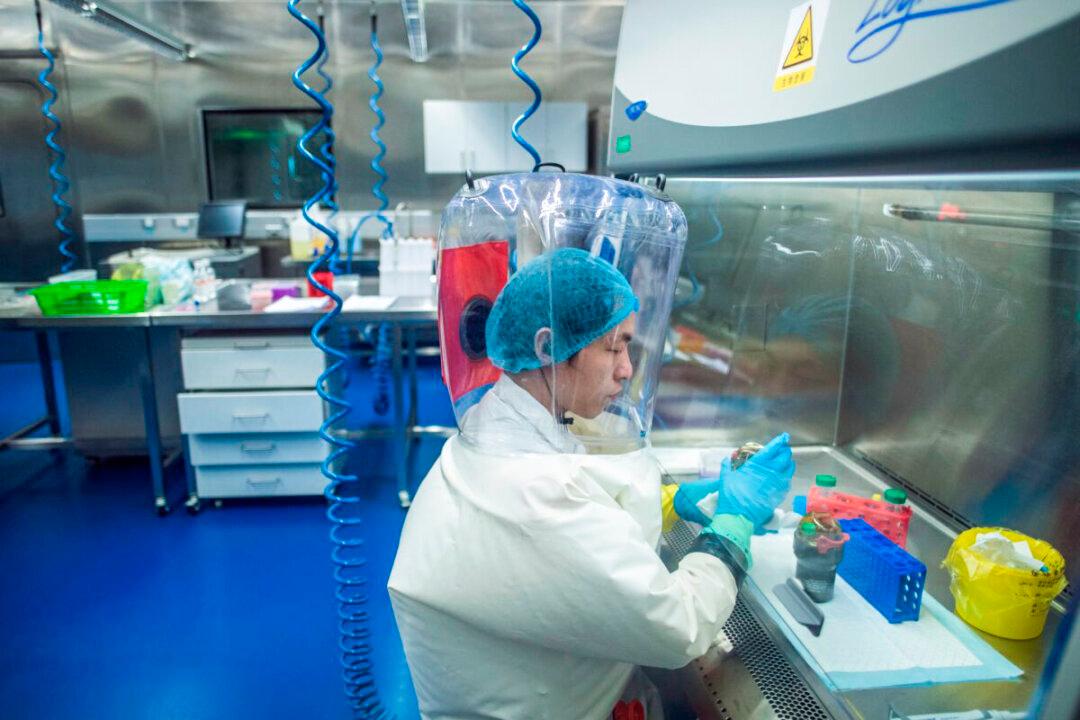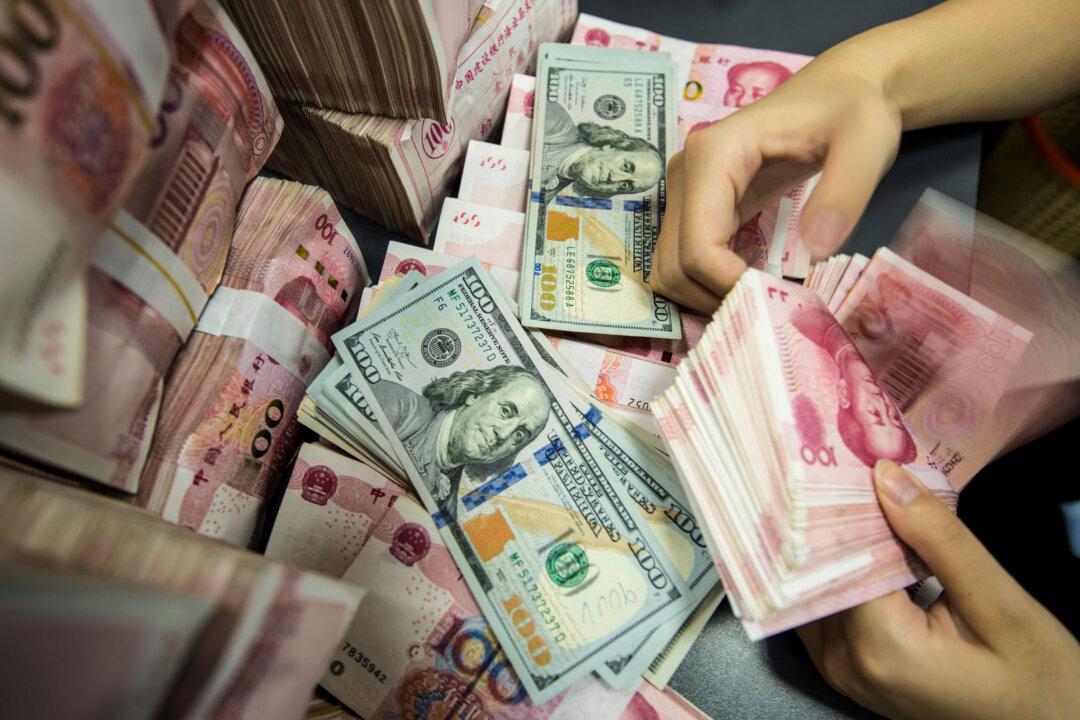Commentary
The U.S. Select Committee on the CCP (Chinese Communist Party) sent a letter on June 27 to Secretary of State Antony Blinken, calling on the Biden administration to not renew the Science and Technology Agreement (STA) with communist China, which is set to expire on Aug. 27, on the grounds that the CCP is using U.S. technological help and exchanges to bolster Chinese military capabilities.





